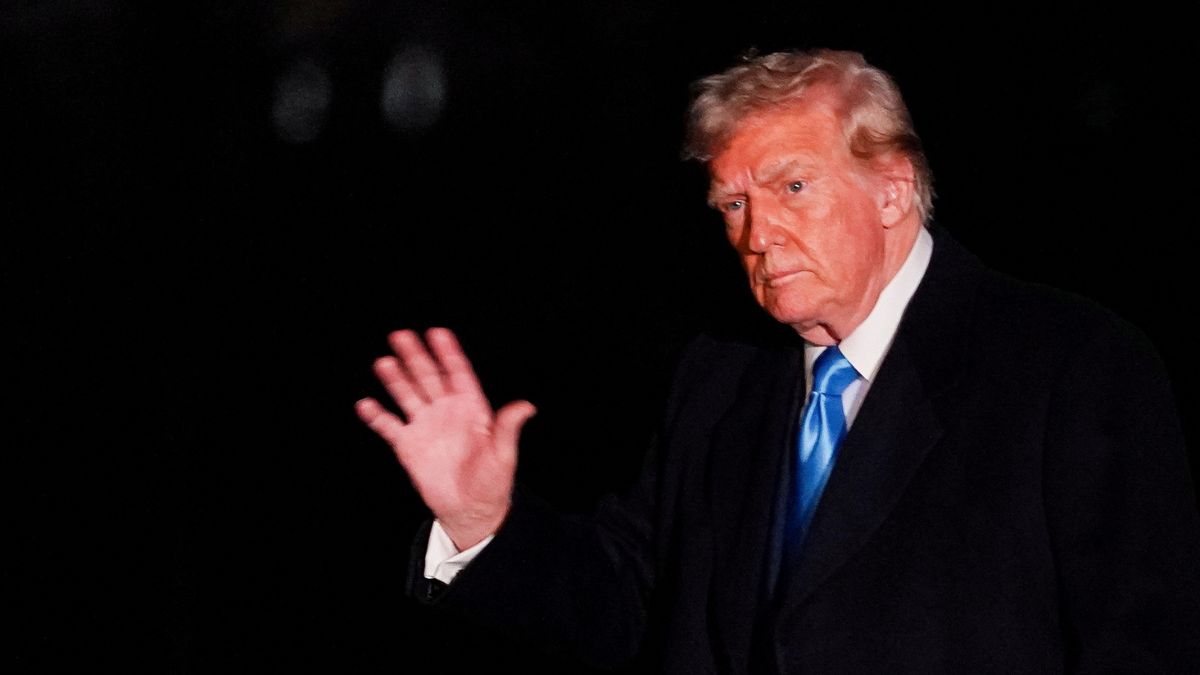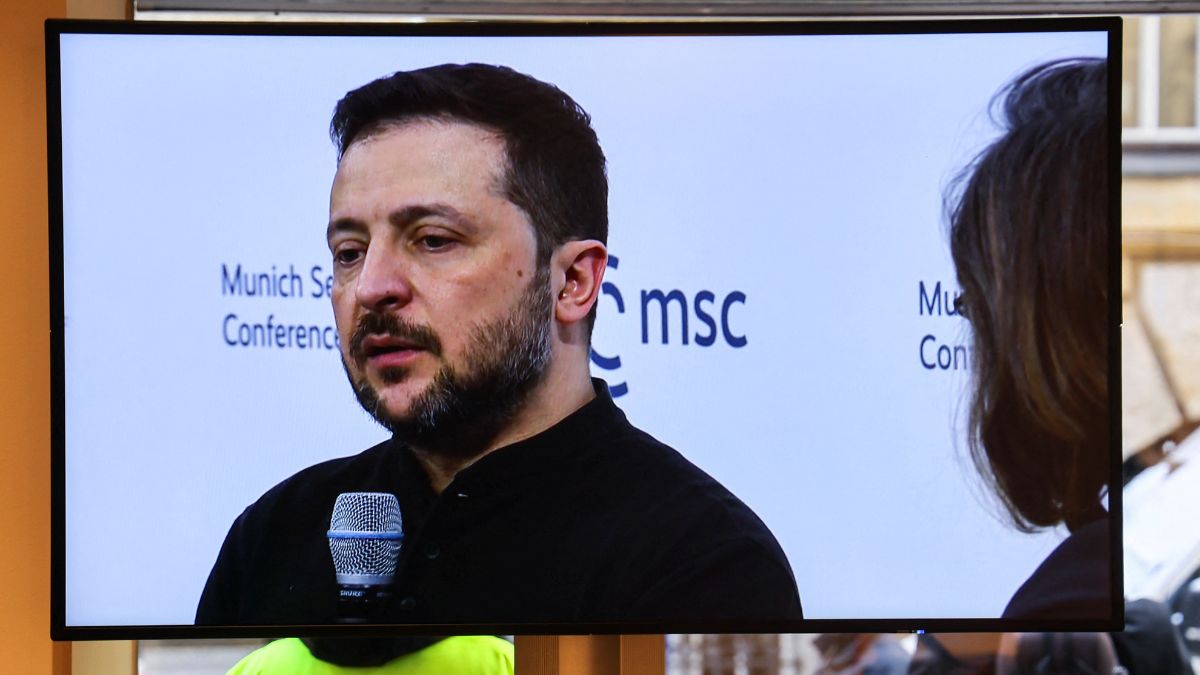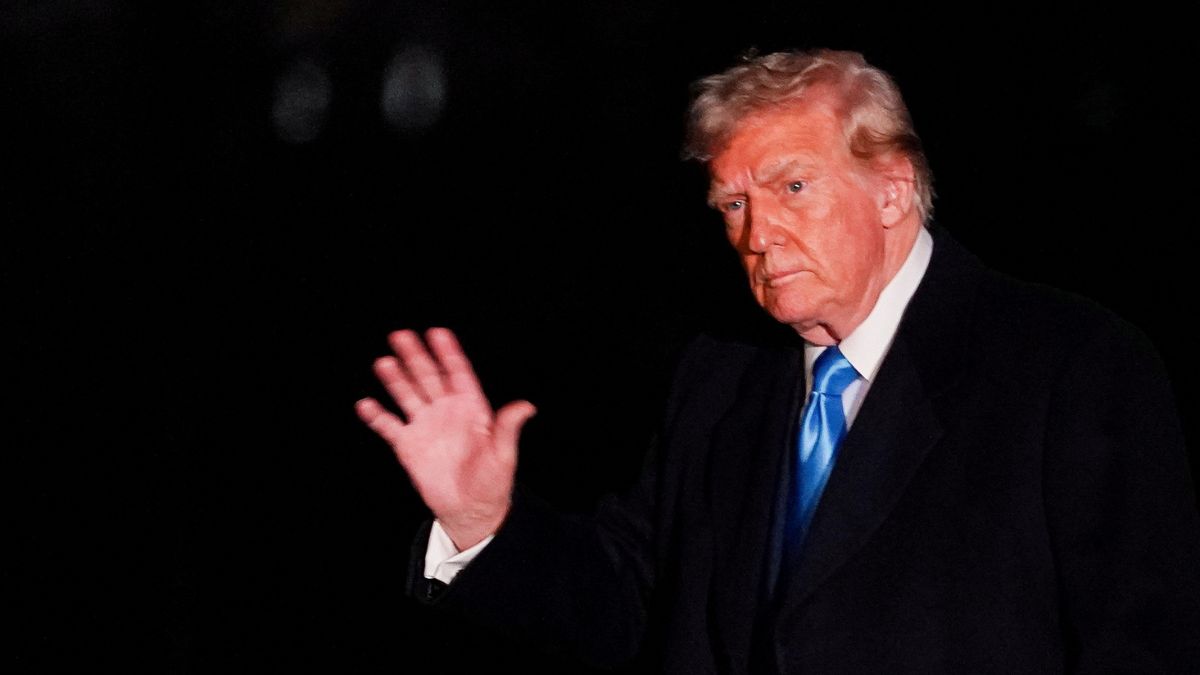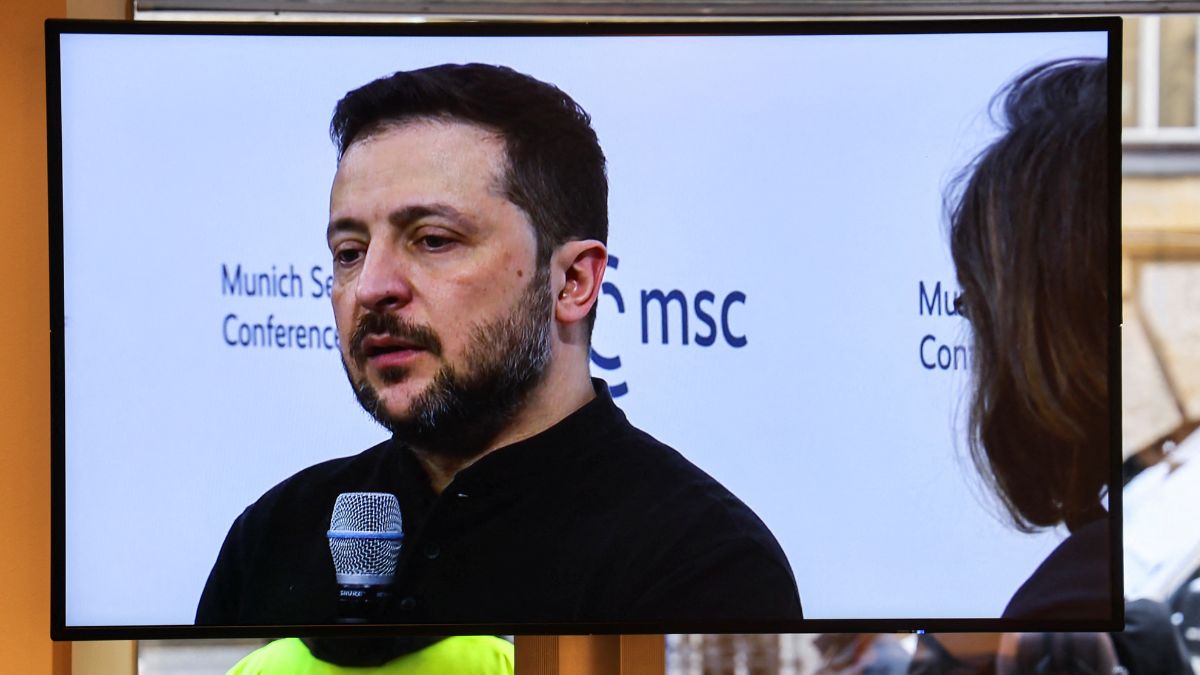After nearly three decades of waiting, a flower has finally bloomed in Delhi.
With a landslide of 48 seats, the Bharatiya Janata Party (BJP) registered an emphatic victory on Saturday in the Delhi Assembly election 2025.
Now, there’s speculation rife about the upcoming chief minister from the saffron party.
The BJP has had three CMs during its previous rule between 1993 and 1998: Madan Lal Khurana, Sahib Singh Verma, and Sushma Swaraj.
Swaraj, who was the first woman to occupy the role, had the shortest term, lasting just 52 days.
Let’s take a closer look into her tenure.
Delhi under Sushma Swaraj
Sushma Swaraj took over the reins from Sahib Singh Verma on October 13, 1998, becoming Delhi’s first woman Chief Minister.
In the face of public outrage, rising onion prices, and internal discord, the BJP was betting that a fresh face would aid in its anti-incumbency campaign.
Her Cabinet included Harsh Vardhan, Jagdish Mukhi, Purnima Sethi, Devender Singh Shokeen, Harsharan Singh Balli and Surendra Pal Ratawal.
Once referred to as India’s “best-loved politician” by global publications, Swaraj had to contend on many levels during her 52-day stint.
The former Indian Foreign Minister formed a committee shortly after she assumed office to restore the supply of onions in an effort to lower prices.
According to reports, Swaraj also set up vehicles to deliver onions throughout Delhi.
Even though she had struggled to keep inflation under control, her brief reign did not have a major effect on the BJP’s chances.
In the second Legislative Assembly, held on November 25, 1998, the Congress emerged victorious with 52 seats. The grand old party would govern Delhi for the next 15 years.
Congress’s Sheila Dikshit served as the CM for two consecutive terms.
Other BJP CMs in Delhi
The first election of the Delhi legislative assembly was held in November 1993.
With 49 seats, the BJP emerged as the single largest party and became the government, led by Chief Minister Madan Lal Khurana.
Known as “Delhi ka Sher” (Lion of Delhi), Khurana was a popular leader who worked to strengthen the party in Delhi. However, he was unable to finish his tenure in office.
He had to quit the top job after 27 months following charges of corruption after his name appeared in the infamous Jain Hawala scam.
After his resignation, Sahib Singh Verma became the second BJP CM of Delhi on February 27, 1996. He was the fourth CM of the Union Territory.
There were reports of a power struggle between Khurana and Verma at the time.
During his tenure, Verma struggles with economic problems, such as the soaring cost of onions and power and water crises, especially in unapproved colonies in Delhi.
The public was discontent with the saffron party for being unable to solve these problems, and eventually leading to Verma’s resignation only months ahead of the Assembly polls in 1998.
Verma served in the top job for two years and 228 days.
For those unversed, in the recently concluded polls, Verma’s son Parvesh Sahib Singh has emerged as the biggest winner as he defeated AAP supremo Arvind Kejriwal. He is also being considered as the top contender for the CM’s post.
A fresh chapter in making
The BJP has stormed back to power after 27 years, scripting a fresh chapter in the National Capital’s political landscape.
Prime Minister Narendra Modi, expressing gratitude, said, “Delhi has given us love wholeheartedly and I once again assure the people that we will return you double the love in the form of development.”
“Those who thought they owned have now seen their truth in the mirror. The people of Delhi have made it clear that the rightful owners of Delhi are the ‘people of Delhi’. Delhi’s mandate has made it clear that there’s no space for corruption, and lies in politics. Delhi voters never disappointed me in the Lok Sabha elections. In all three general elections, the BJP won all seven seats,” he added.
Now, the country’s attention has turned to the chief ministerial post.
Besides Parvesh Verma, BJP leader Vijendra Gupta is also seen as a strong contender after he scored his third consecutive victory from Rohini.
According to The Times of India sources, BJP’s senior leaders may pick someone from among the winning MLAs to avoid two byelections in the UT.
With inputs from agencies


)
)
)
)
)
)
)
)
)



